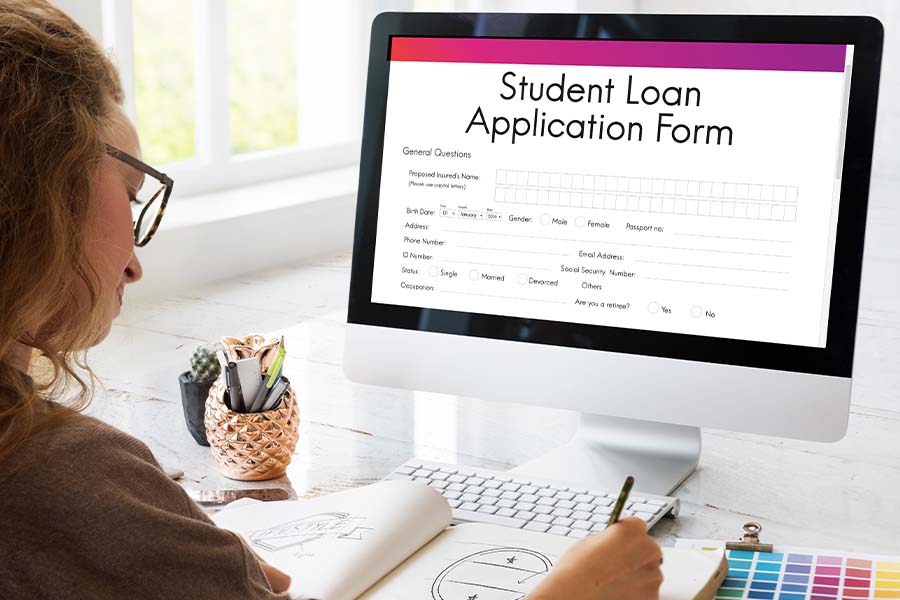Some generous parents who are in a position to do so may choose to pay for their child’s college education. However, if you don’t have enough money to cover it all upfront, you may decide to go the loan route. Once you have examined all financial aid and scholarship opportunities, what should you know about loans?
- Federal PLUS Loans – PLUS stands for Parent Loan for Undergraduate Student. The government knows that parents may do this at times. These loans require a FAFSA application and include a built-in loan fee. However, the interest rate is fixed, the loan is eligible for the Federal Consolidation Plan, and this will be your best option if you don’t have a stellar credit history.
- Private Loans – For parents with great credit, a private loan may offer you the best credit rates, especially if you have a long-time relationship with the lending company. However, you need to be sure your lender is willing to supply the amount that you need, and you should know that private loans are not eligible for the Federal Consolidation Program.
- Cosigning a Student Loan – Another option that some parents decide upon is to have the child take the student loan but to be a cosigner. A few notes of warning for cosigners. First, you will be on the hook for the loan if your child doesn’t pay. Additionally, missed payments could impact your credit score as the cosigner. On the other hand, staying in constant communication to ensure the monthly payments are made could impact a parent/child relationship negatively.
Professional College Planning Assistance
College Planning Source wants to help your family plan for college the smart way. Call 858.676.0700 today, or request a complimentary college planning assessment online to get started.





